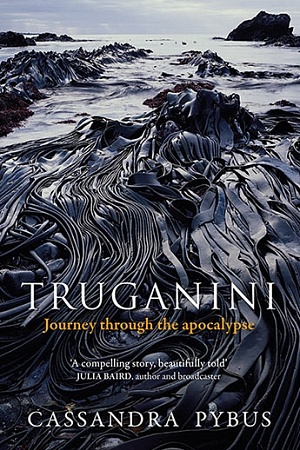The Wolf: The most audacious warship of World War One and its 15-Month campaign of terror against Australia and the world
William Heinemann, $34.95 pb, 338 pp
The Wolf: The most audacious warship of World War One and its 15-Month campaign of terror against Australia and the world by Richard Guilliatt and Peter Hohnen
Late in November 1916, the German commerce raider Wolf, laden with 100 tonnes of mines, set out on a journey of 100,000 kilometres across three oceans. After the ship reached home, in February 1918, 442 days later, its guns and mines had destroyed more than twenty Allied vessels. Hundreds of their crews and passengers had been held captive. When the voyage of the Wolf began, German U-boats were sinking hundreds of thousands of tonnes of shipping each month. The belated adoption of the convoy system drastically reduced those losses, so that the Germans, rather than the British, suffered the worse privation in the last year of the Great War. In that time, Wolf was the only German surface warship not penned up by the British naval blockade.
The long subtitle of Richard Guilliatt and Peter Hohnen’s fine study of this remarkable and nearly forgotten story does not altogether do justice to the substance of their book. While following the course of ‘the most audacious warship of World War One and its fifteen-month campaign of terror against Australia and the world’, the authors incisively probe the conflicts and compromises between the German seamen and their prisoners, as well as the antagonisms of class and nationality among the hundreds held below decks in the Hell Hole of the Wolf. And then there was the disruptive effect on board of the young and perhaps flirtatious women who had also fallen into the clutches of the raider.
Continue reading for only $10 per month. Subscribe and gain full access to Australian Book Review. Already a subscriber? Sign in. If you need assistance, feel free to contact us.











Leave a comment
If you are an ABR subscriber, you will need to sign in to post a comment.
If you have forgotten your sign in details, or if you receive an error message when trying to submit your comment, please email your comment (and the name of the article to which it relates) to ABR Comments. We will review your comment and, subject to approval, we will post it under your name.
Please note that all comments must be approved by ABR and comply with our Terms & Conditions.